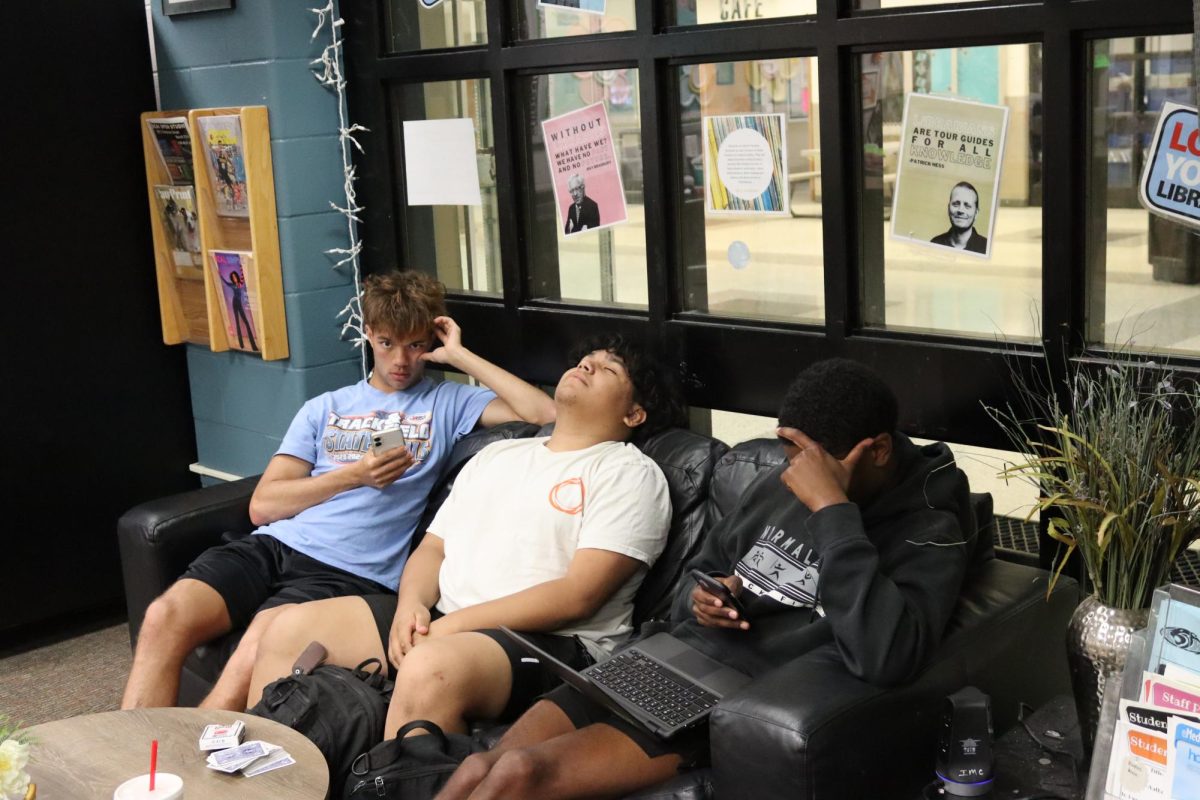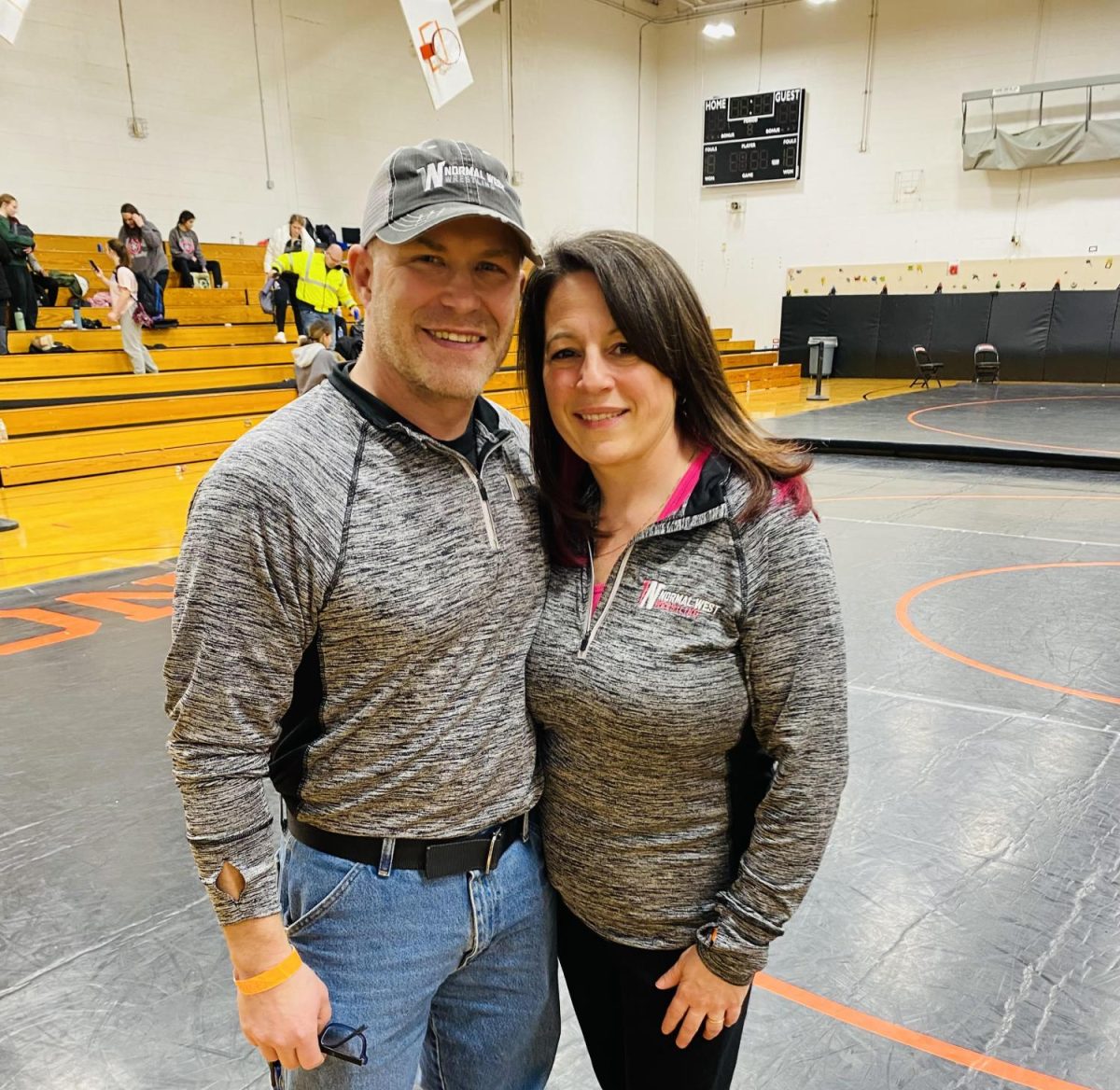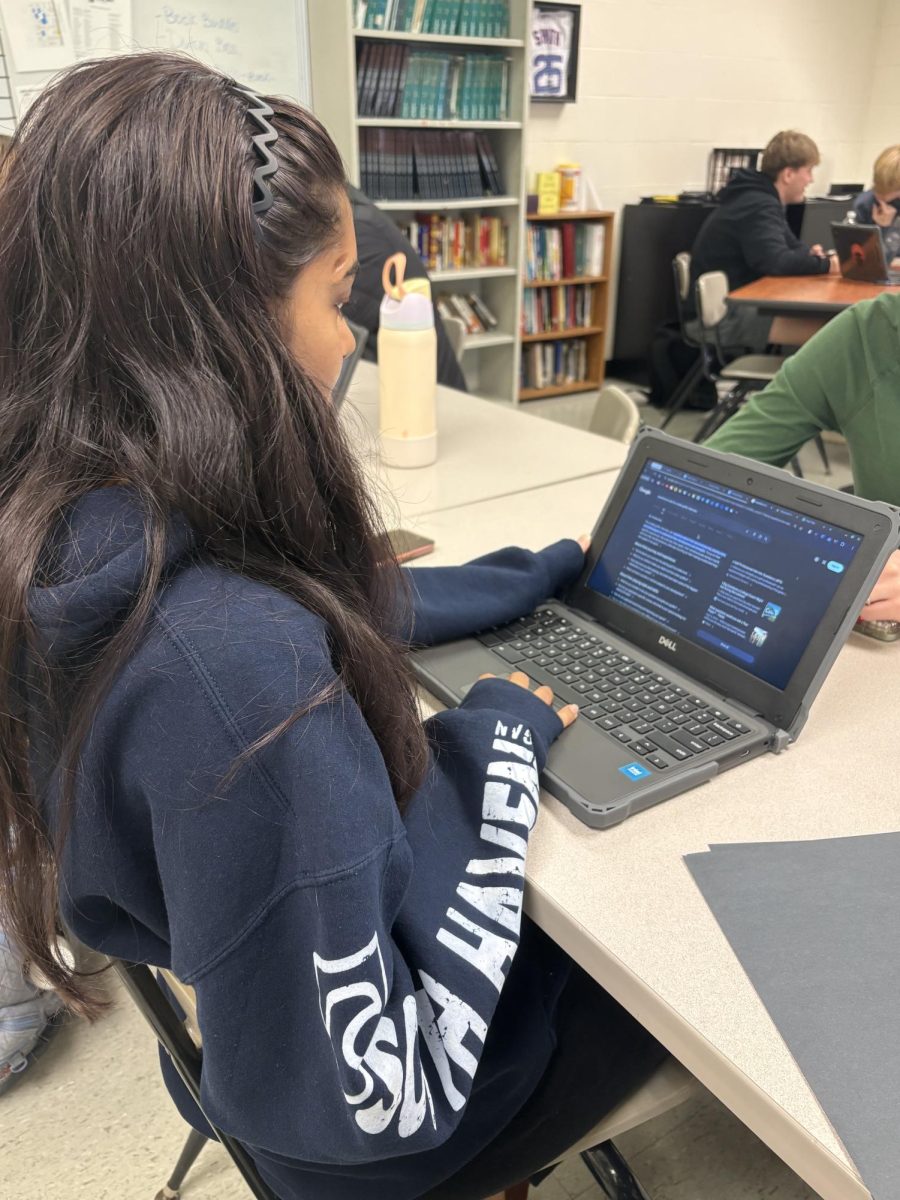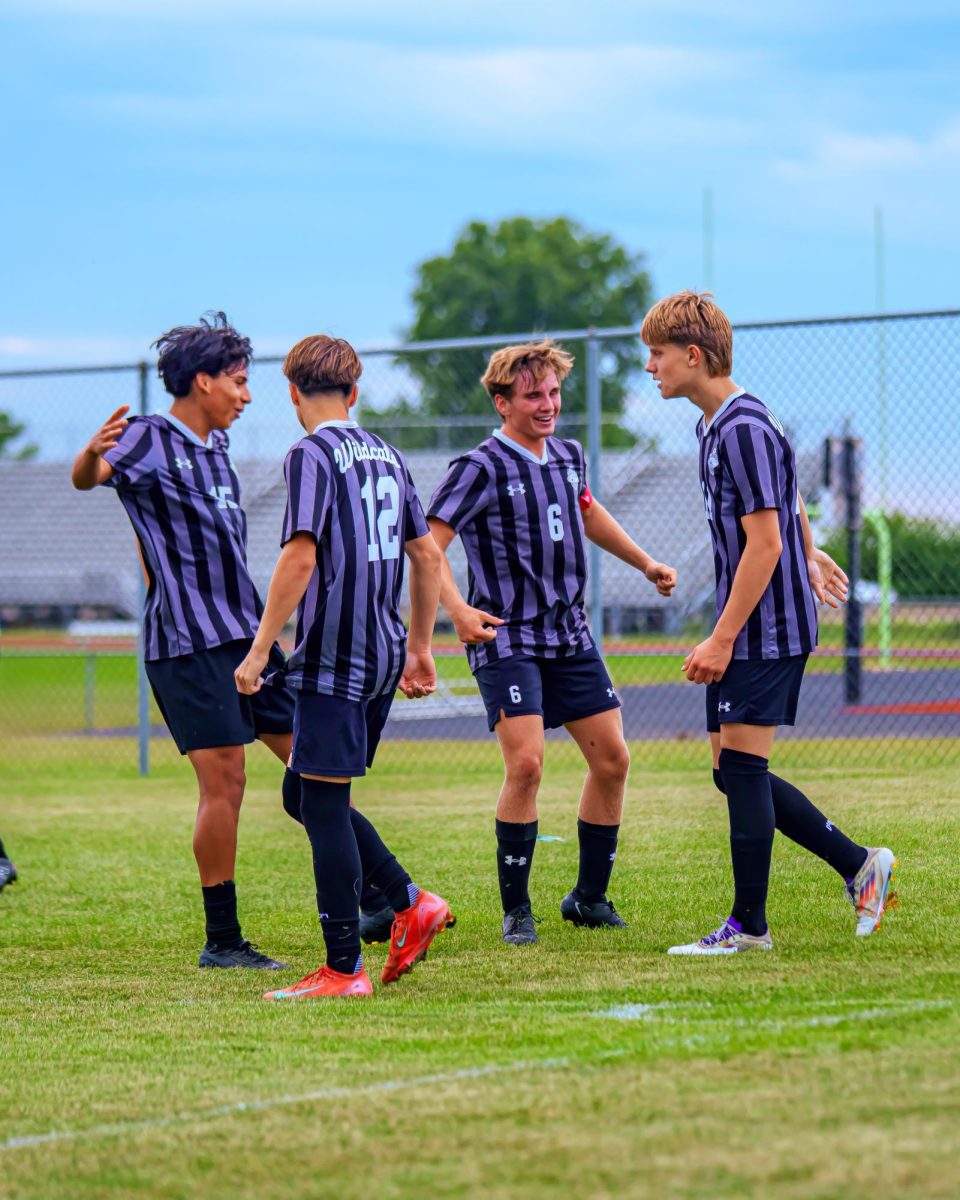It’s a plague that seems to keep coming back.
It not-so-sneakily lurks in at the same time each school year, spreading to different faces but all of a similar status.
It ravages through a certain class with no mercy, infecting anyone in its path.
Of course, I’m talking about the infamous “senioritis.”
“Senioritis” can be described as an infection that makes seniors suddenly unmotivated and put in less effort as the bliss of graduation approaches.
It’s a contagious disease, and while it’s weaker at first, it becomes stronger and more rampant as the school year progresses, reaching its peak around April or May.
Administrators and teachers, alike, have described the stages of “senioritis” as:
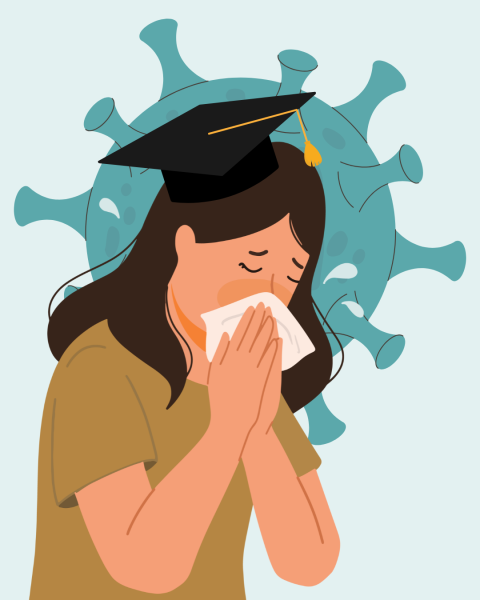
1. Excitement— enjoying the senior sunrise event, waking up early, and feeling excited to go to school as the ‘top dog’ of the halls.
2. Lethargy— eventual belief that rules don’t apply to you, a clear lack of effort in most school assignments, and an emerging belief that Cs get the job done.
3. Quietness— No care, and with a frequent response of “I don’t know.”
4. Nostalgia— A sudden realization that the end of high school is near, a scramble for a plan of what after high school will look like, and an onset of sudden stress and panic.
“It’s definitely gotten worse later in the school year. Memory loss is a common symptom…for example, not knowing important senior event details or where to find the details. Other symptoms include sleepiness and headaches,” Normal West business teacher and senior class sponsor, Sara Maynerich, explained.
While “senioritis” is a problem, West principal Dr. Angie Codron shows little concern that the infection will result in a two-week lockdown.
However, she and other educators are well prepared if such an event occurs.
“[With] this very contagious disease, what we try to do is contain it, so we try to talk to our seniors about leaving a legacy, and trying to promote things that are positive instead of other things that seniors could come up with during these symptoms,” Codron explained.
Don’t fret, though. There are multiple ways to avoid being infected.
Precautions one could take include: avoiding any missing assignments, staying away from those already infected, and participating in senior activities.
“Take precautions. Act early. Do your research. Stay far away from others who have contracted this dangerous infection,” Maynerich added.
“Senioritis” is typically hard to study, but West science teacher and senior class sponsor, Abagail Primo, explains that a true marker of how to successfully avoid the virus from taking over your #wildcatenergy is to surround yourself with good.
“It depends on who you surround yourself with. If you surround yourself with people who are not setting goals, not managing their time, blaming others for problems they created, etc., you are also going to have that same energy. If you surround yourself with people who support your goals, stay organized, have a purpose in what they do, etc., you will also do those things. The virus spreads faster if you allow it to,” Primo noted.
Some may believe that precautions don’t matter because the virus always goes away once the school year ends, but Codron believes differently.
“I think the main goal is to not have it spread to other classes…we [definitely] don’t want to see ‘junioritis’ start happening…or ‘sophomoritis’ or ‘freshmenitis,’” Codron cautioned.
Primo agrees and also raises concerns that the virus may cause seniors to miss out on opportunities and preparation for the future, and could also negatively impact their mental health.
“Students might feel pressure to coast through their final year rather than take advantage of it,” Primo stated.
Primo also made several connections to the term “burnout,” as she believes that the same treatment for “burnout” can be applied to “senioritis.”
“Some ways I overcame senioritis and burnout in my own life are setting clear goals, staying organized, finding meaning/ purpose in what you are doing, time management, asking for help and support, rewarding myself, and visualizing what the future looks like if I continued to work hard,” Primo explained.
Seniors should not feel discouraged just because of “senioritis.”
The virus can be easily curable if one puts in the effort.
“No one else can pave the way you want for you except for you. You can surround yourself with the best support group in the world, and those people are so important. However, you’re the only one in control of your own life at the end of the day,” Primo encouraged.
“I think some of the proudest moments of our staff are when we see the legacy that seniors leave. I hope that this ‘senioritis’ is not too strong [and] that a legacy for this particular class of 2025 can still be left at Normal West forever,” Codron added.
If you or a loved one believes they’re being infected by “senioritis,” please contact a trusted adult…and show them support.


